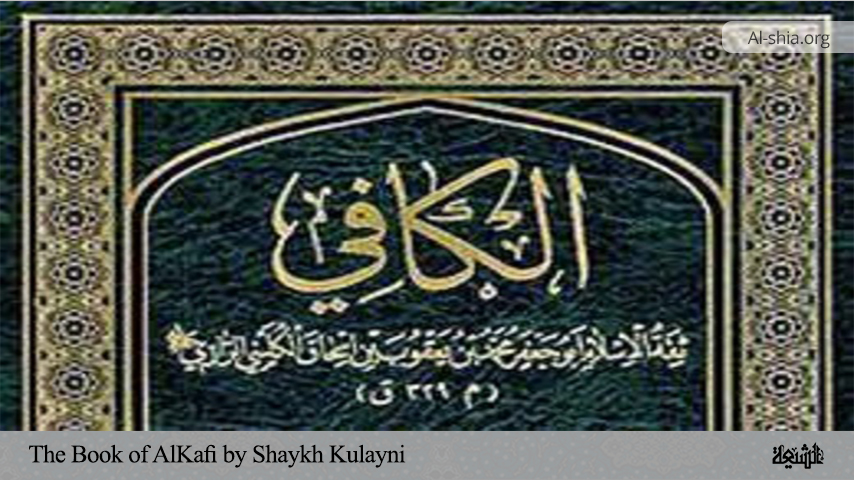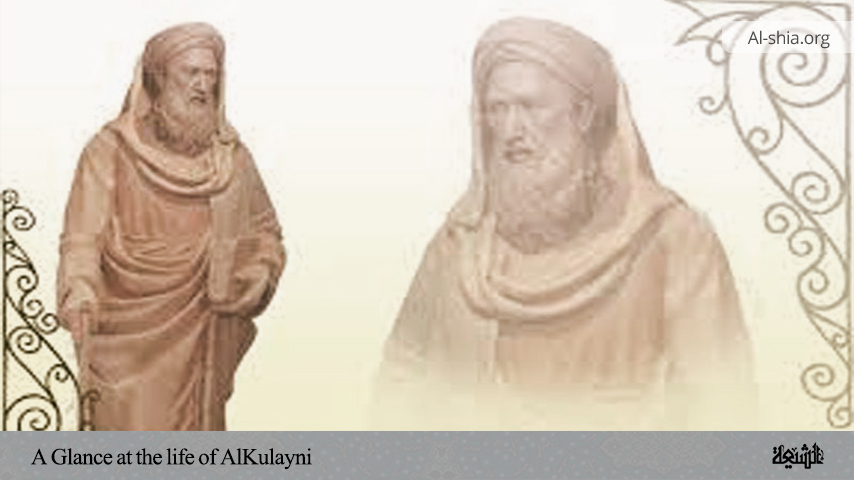Without any doubt, women are integral part of a society whose central role in society has ensured the stability, progress and long-term development of nations. In Islam, the woman, just like their male counterpart, is given the opportunity to develop herself to any height and to participate in the economic, social and political developments in her community, but with the optimum consideration of the Islamic laws and etiquette.
In this write-up, we shall look at some of the rights given to the women by Islam
Freedom in determining one’s future
A young girl came before the holy Prophet perplexed and anxious and exclaimed: “O Messenger of Allah… From the hand of this father…” “But what has your father done to you”, the Prophet asked.
“He has a nephew”, she replied, “and he has given me in marriage to him before consulting me in the matter”. “Now that he has done it,” said the Prophet, “you should not oppose it. Agree to it, and be your cousin’s wife.” “O Messenger of Allah! I do not like my cousin. How can I be the wife of a man whom I do not like.” “If you do not like him, that is an end to the matter. You have full authority. Go and make the choice of man whom you would like to marry.”
“By chance”, the girl finally admitted, “I very much like my cousin and do not like any other person but because my father did this thing without asking my consent, I have purposely come to put questions on this matter and to get your replies and hear this decision from you, and so inform all women that henceforth fathers have no right to take a decision on their own and give their daughter in marriage to anyone they like.”
The great fuqaha’ (Islamic law-scholars), like Shahid ath-thani in Masalik, and the writer of Jawahiru‘l-Kalam, have narrated this hadith, through non-Shi’ah chains of transmission. In pre-Islamic days the Arabs, as well as non-Arabs, considered fathers to have full authority over their daughters, their sisters and in certain cases even over their mothers, and, in the choice of husbands for them, they did not believe that these women should make their own decisions and having a choice in the matter.
It was the sole authority and function of the father or brother, or, if there was no father or brother, of their uncle, to give them in marriage to whomever they liked.
This right was practiced to such an extent that fathers assumed for themselves this right in respect of a girl still unborn, and, when she had been born and brought up, the man to whom she had been married had the right to take the girl away for himself.
Marrying a woman before she is born
One day, during the last pilgrimage which the Prophet performed, when he was on a horseback with a whip in his hand, a man come across him and said he had a complaint to make. The Prophet asked what the complaint was.
“Many years ago”, he said “during the jahiliyyah (the pre-Islamic period), I and Tariq ibn Marqa’ had taken part in a battle. During the skirmish, Tariq was badly in need of a spear and he cried: ‘Is there any person who can spare me his spear and accept remuneration for it?’ I stepped forward and asked what remuneration he would give. He said, ‘I give my word that the first daughter born to me, shall be brought up for you.’ I accepted the offer and handed over my spear to him. The matter was thus closed and many years elapsed.
At last I recollected the pledge and discovered that a daughter had been born to Tariq and that she was of age and that he had her in his house. I went to him, reminded him if the events, and demanded the settlement of the debt. But Tariq went back on his pledge and broke his word of honor and wanted to start asking for mahr, (dower). Now I have come to you to know whether right is with me or with him.
“What is the edge of the girl?” The Prophet inquired. “She is grown up, and white hairs have appeared in her head.” “According to what you ask me, neither you nor Tariq is in the right. Go back and look after your own affairs and leave the poor girl to look after her.”
The man was astonished to hear this. For a moment he was absorbed in wondering what sort of a judgment it was. Was the father not in full authority regarding his daughter? If he should pay the dower to the father of the girl, and if he were willingly voluntarily to hand over the girl to him, was that also wrong?
The Prophet seeing him astonished and perplexed, understood his state of mind and said: “You should be sure that in the way that I have pointed out neither you nor your friend Tariq will he sinners”
Exchange of daughters
‘Shighar’ marriage was another manifestation of the absolute authority of fathers in respect of their daughters.
Shighar marriage meant the exchange of daughters. If two persons had two unmarried grownup daughters, they used to exchange them so that the dower of one daughter would account for the dower of the other girl. Thus the daughter of one man was to go over to the father of the other daughter and vice versa. Islam annulled this custom also.
The Holy Prophet gave az-Zahra, his daughter full freedom in choosing a husband:
The Holy Prophet himself gave away several daughters in marriage. He never deprived them of their right to choose their husbands, on the occasion when ‘Ali ibn Abi Talib (a.s.) presented himself to the Holy Prophet to ask for the hand of Zahra (a.s.), the Holy Prophet said, ‘Several persons have come to me to ask the hand of az-Zahra (a.s.) but by the displeasure of her countenance she has refused them. Now I shall inform her of your request.”
The Holy Prophet went to his daughter and put the matter before her, az- Zahra did not turn her face away in disapproval this time, and, by keeping silent and undisturbed, expressed her consent. The Holy Prophet came away from az-Zahra reciting the takbir (Allahu Akbar, Allah is Great).
The Islamic movement in favour of women was entirely independence
Islam did the greatest service to the female sex, and not only by depriving fathers of their absolute authority. It gave complete freedom; it gave individuality, an independence of thought and opinion, and formally acknowledged their natural rights. However, the steps that Islam took in connection with the rights of women are, without doubt, basically different in two ways from what is going on in the west and among those who imitate the west.
Firstly, in the area of the psychologies of man and woman, Islam has accomplished a miracle. We shall discuss this matter in future articles, and shall give clear examples. The second difference is that despite the fact that Islam acquainted woman with her human rights, gave her individuality, freedom and independence, it never induced her to revolt and mutiny against, or be cynical towards the male sex.
The Islamic women’s movement was a “white’’ movement un-tinged with black, red, blue or purple. Daughters’ respect for their fathers and wives’ respect for their husbands was not done away with. The foundations of family life were not wrecked. It did not make women despise having husbands, being mothers and bringing up children.
Islam did not provide the means for social gatherings where bachelors and women-chasers go to hunt out their victims free of cost. Islam did not allow wives to leave the sides of their husbands, and daughters the benevolent protection of their father, and mothers, to be handed over to men of title and wealthy persons.
It did nothing to cause one of weeping and wailing to rise to the heavens crying ‘Oh woe, the sacred law of the family has been shattered, reliance on the father has disappeared; in the midst of all this generation, what can we do?’ What can we do when there is so much infanticide and abortion? When there are forty illegitimate births in every hundred?
Illegitimate children with unknown fathers, whose mothers, since they did not give birth to them in the loving home of a father, have no strong feelings towards them, and them over to a social organization and then never inquire further about them.
In our country we are in need of a women’s movement, but we need a pure Islamic movement and not a dark and gloomy European Movement.
We are in need of a woman’s movement in which young, lustful men are prevented from taking part; a movement which should truly spring from the great teachings of Islam, and not something in which, in the name of amending the Civil Law, the certain laws of Islam are made the victim of fancies and capricious desires; a movement which should be based upon a deep, rational investigation, so that it may make clear for all societies who take upon themselves the name of Islam to what extent they are putting into practice the teachings of Islam.
If, with the help of Allah, we succeed in continuing this series of articles, when we have come to an end of all the topics necessary to the discussion itself, we shall start writing on the subject of an Islamic women’s movement, then see that they can establish a movement which will be new, acceptable to the whole world and reasonable, and which will have for its fountain-head its own independent philosophy of fourteen centuries, without having In extent a begging hand, towards the western world.
Extracted from the book titled The Rights of the Women in Islam by Martyr Murtadha Mutahhari
To be continued!
NOTES:
___________________
1. Zaynu‘d-Din ibn Ali ibn Ahmad al Amili, famous as ash-Shahid ath-Thani (the Second Martyr) (911 /l505 — 966/1559). He was killed by emissaries of the Ottoman Sultan of the time who had been sent to summon him to the ottoman court in Istanbul. His Masalik is a commentary on ash Sharayi’u’l-Islam’, compendium of rulings in jurisprudence by the 7th /13th century jurisconsult Jafar ibn al Hasan ibn Yahya al-Hilli, better known as Abu‘l Qasim al-Mohaqqiq al-Hilli.
2. Muhammad Hasan an-Najafi (1192/1778 — 1266/1850) one of the greatest jurisconsults of the last two centuries, Jawahiru’l Kalam is a vast commentary (6 large quarto vols) on the same Sharayi’ by al-Mohaqqiq al-Hilli as is Masalik
3. In other words the movement was a pure movement based on the fundamental nature of woman, and not allied to some particular man-made ideology






